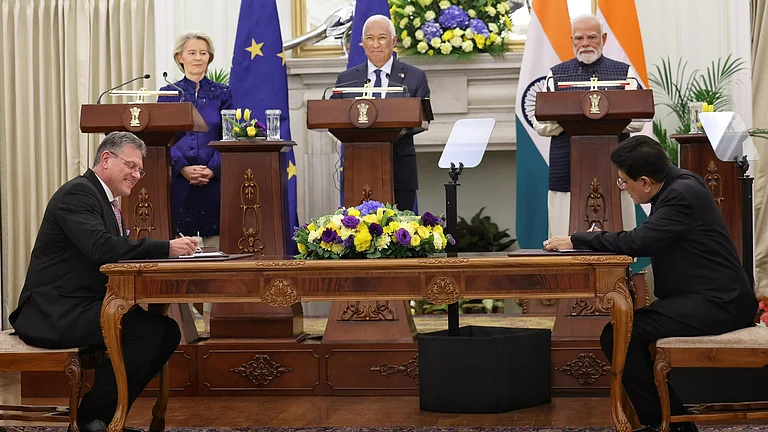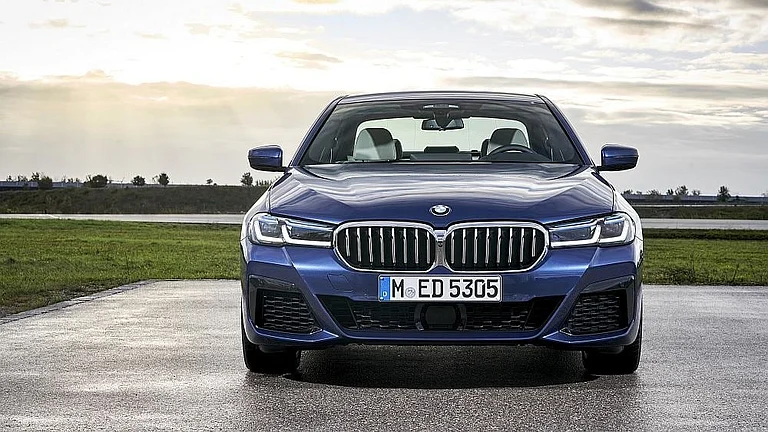The Micro, Small and Medium Enterprises (MSMEs) are getting greater importance in the upcoming Free Trade Agreements (FTAs) as these pacts provide huge opportunities for them to participate in global trade, a senior government official said on Thursday.
Additional Secretary in the department of commerce Rajesh Agarwal said FTAs can enable better integration of MSMEs with global value chains.
However, there are a few key challenges that need to be focussed on for the sector, including information asymmetry, access to affordable finance, reduction in regulatory burden, access to new markets, and capacity building through skill development programmes.
"In every free trade agreement, we have talked about MSMEs, sometimes in paragraphs and sometimes in a full chapter… As a country we will have to start putting in more and more weight around the work MSMEs can do and how they can be enabled to leverage the FTAs," Agarwal said in a event organised by industry chamber CII.
The FTAs bring advantages to MSMEs through rationalisation of customs duties and that enables them to become a part of Global Value Chains (GVCs).
Lowering of tariff disparities across geographies eases movement of goods and enables manufacturing to become efficient.
He said the sector is important as it accounts for 30 per cent in GDP and about 50 per cent in the country's exports.
"But in GVCs, they will have to play a crucial role," he added.
Nowadays in FTAs, countries talk about addressing the information asymmetries that MSMEs face in trade through sharing of best practices and other trade enabling knowledge.
"All FTAs are talking about digitisation of processes, e-documentation, e-billing, digitisation of custom processes and entire logistics involved in exports," Agarwal said.
Citing an example, he said recently a pilot project was done to send a consignment to Florida through Singapore via e-bills.
At present, India is negotiating FTAs with key trade partners like the European Union, the UK, and Australia.
"In all these FTAs we are looking for tariff concessions which will drive jobs and MSMEs," Agarwal added.
While FTAs bring market opportunities they also impose tougher standards on climate and labour which will also require effort and costs to comply with.


























.jpg?w=200&auto=format%2Ccompress&fit=max)




